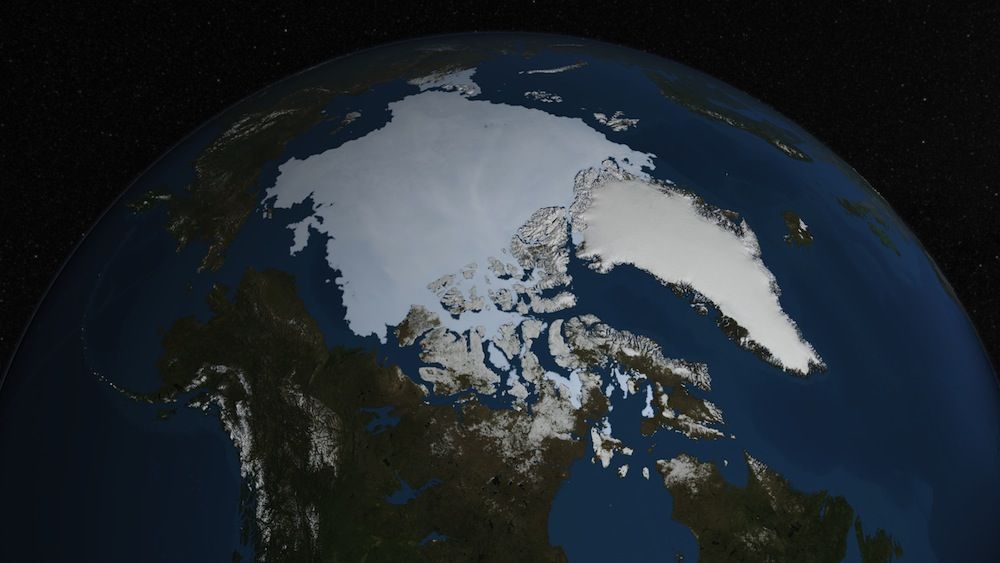Chilling Forecast: Arctic Sea Ice Meltdown Accelerates, Potential Ice-Free Summers by 2034
A new study paints a stark picture for the Arctic, with researchers predicting a much faster decline in sea ice than previously anticipated. The research, published in the journal Nature Climate Change, suggests the Arctic could experience its first ice-free summer season – defined as a day with no sea ice cover – as early as the late 2020s or early 2030s. This represents a significant acceleration in the projected timeline, with previous estimates placing ice-free summers closer to mid-century.
The culprit behind this rapid melt is, unsurprisingly, climate change. The study, led by scientists at the University of Colorado Boulder's Institute of Arctic and Alpine Research, analyzed existing sea ice projections and climate models to assess daily changes. Their findings highlight a worrying trend: the decrease in reflective snow and ice cover is creating a feedback loop. As the Arctic loses its white blanket, it absorbs more heat from the sun, further accelerating the melting process.
This rapid decline in sea ice has far-reaching consequences. The Arctic sea ice plays a vital role in regulating global temperatures. It acts like a giant reflective shield, bouncing sunlight back out into space. With less ice cover, the planet absorbs more heat, intensifying global warming. The ecological impacts are just as severe. Sea ice provides a critical platform for marine mammals like polar bears and walruses to hunt and breed. A melting Arctic disrupts these delicate ecosystems, jeopardizing the survival of these iconic species.
The new study underscores the urgency of addressing climate change. While the possibility of entirely ice-free Arctic winters remains a scenario for later in the century, the potential for summer melt within the next decade demands a swift and decisive global response. Researchers emphasize the importance of mitigating greenhouse gas emissions to slow the rate of ice loss and prevent the worst-case scenarios from becoming reality.
The findings come at a crucial time. International cooperation on climate change initiatives is a pressing need. The study serves as a stark reminder of the consequences of inaction and the potential for a domino effect across the entire planet's climate system. The race to preserve the Arctic sea ice isn't just about protecting a remote polar region; it's about safeguarding the delicate balance of our planet's climate for generations to come.


Join the conversation